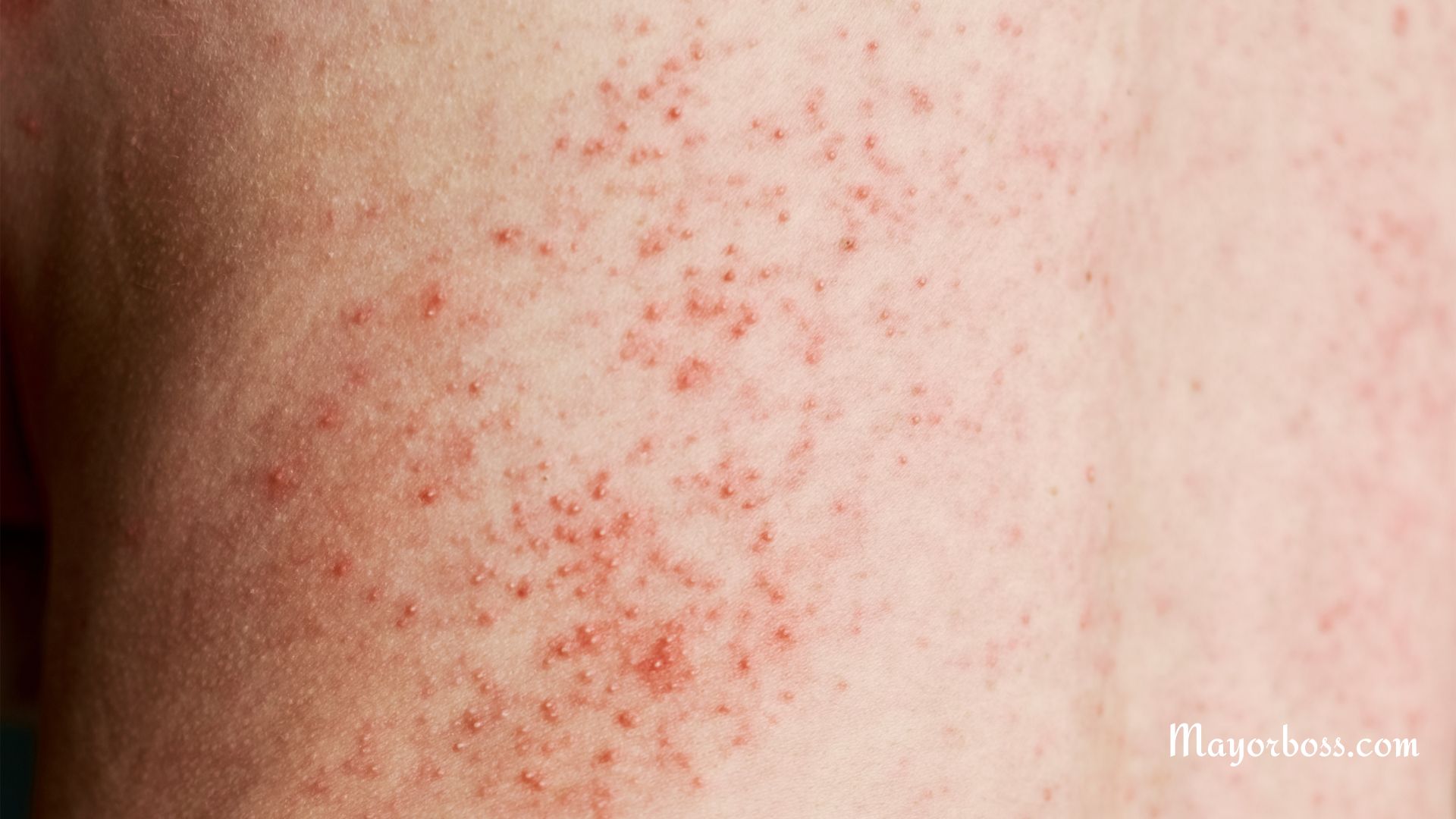When Hepatitis C Shows Up on Your Skin: Understanding the Rash
Hepatitis C, a viral infection primarily affecting the liver, is often discussed in terms of its internal symptoms. However, what many don’t realize is that Hepatitis C can manifest externally, too, particularly through skin changes, including rashes. If you’ve noticed unusual skin symptoms and have Hepatitis C, understanding the connection between the two can be crucial for your health.

The Link Between Hepatitis C and Skin Rashes
Hepatitis C and Your Skin: An Unseen Connection
You might wonder how a liver disease could impact your skin. The answer lies in the body’s interconnected systems. Hepatitis C can cause various immune responses, including ones that affect the skin. This can manifest as rashes, itching, or other skin conditions. In some cases, these skin issues might be the first clue that something’s amiss internally.
Types of Skin Manifestations
The rashes associated with Hepatitis C can vary significantly. Common types include:
- Urticaria (Hives): These are red, itchy welts that can appear anywhere on the body, sometimes related to Hepatitis C-induced immune responses.
- Vasculitis: This involves inflammation of the blood vessels and can cause a variety of skin lesions, from small red spots to larger purple patches.
- Jaundice: While not a rash, jaundice (yellowing of the skin and eyes) is a well-known skin-related symptom of Hepatitis C, indicating liver dysfunction.
- Pruritus (Itching): This can be intense and widespread, often without a visible rash, linked to the liver’s inability to process certain substances due to Hepatitis C infection.
- Xerosis (Dry Skin): Chronic Hepatitis C can lead to persistently dry, flaky skin, which is often itchy as well.
- Cryoglobulinemia-related rashes: These are caused by abnormal proteins in the blood, a condition often linked to Hepatitis C.
- Lichen planus: This manifests as itchy, purple bumps, often on the wrists or ankles.
- Porphyria cutanea tarda: This condition leads to blistering, especially in areas exposed to the sun.
Beyond the Skin Surface
These skin changes are more than cosmetic concerns. They can be indicative of underlying issues related to Hepatitis C, such as liver inflammation or immune system responses. Ignoring them could mean missing essential cues about your overall health.
Identifying Hepatitis C-Related Skin Issues
Pay attention to any new or unusual skin changes, especially if you know you have Hepatitis C or have risk factors for it. Signs to look out for include:
- Unexplained rashes or itching
- Skin that bruises or bleeds easily
- Blisters, especially in sun-exposed areas
- Purple or reddish bumps on the skin
When to See a Doctor
If you notice these symptoms, it’s crucial to consult a healthcare provider. They can determine whether these skin manifestations are related to Hepatitis C or another condition.
Managing Skin Symptoms
Medical Treatment
Your doctor might prescribe medications to manage Hepatitis C, which can also alleviate skin symptoms. Treatments might include antiviral drugs or topical treatments for the skin itself.
Self-Care Strategies
Alongside medical treatment, consider lifestyle changes to support your skin health:
- Moisturize regularly: Keeping your skin hydrated can alleviate dryness and itching.
- Avoid irritants: Certain soaps, chemicals, or fabrics might exacerbate skin symptoms.
- Protect your skin from the sun: Sun exposure can worsen some Hepatitis C-related skin conditions.
Understanding the Bigger Picture
Hepatitis C: A Silent Issue
Hepatitis C often goes undiagnosed because it can be asymptomatic for years. Skin symptoms might be the first sign that prompts individuals to seek medical attention, leading to a crucial diagnosis.
The Importance of Early Detection
Early detection and treatment of Hepatitis C can prevent liver damage and other complications. If skin symptoms lead to a diagnosis, this can be a lifesaving revelation.
Frequently Asked Questions
Can Hepatitis C be cured?
Yes, with modern antiviral treatments, Hepatitis C can often be cured, reducing the risk of liver damage and improving associated skin conditions.
How common are skin rashes in Hepatitis C patients?
While not all Hepatitis C patients experience skin symptoms, they are not uncommon. They can vary in severity and type, depending on individual cases.
Can these skin conditions be treated separately from Hepatitis C?
Some skin conditions related to Hepatitis C may improve with specific skin treatments, but addressing the underlying Hepatitis C is often necessary for complete resolution.
